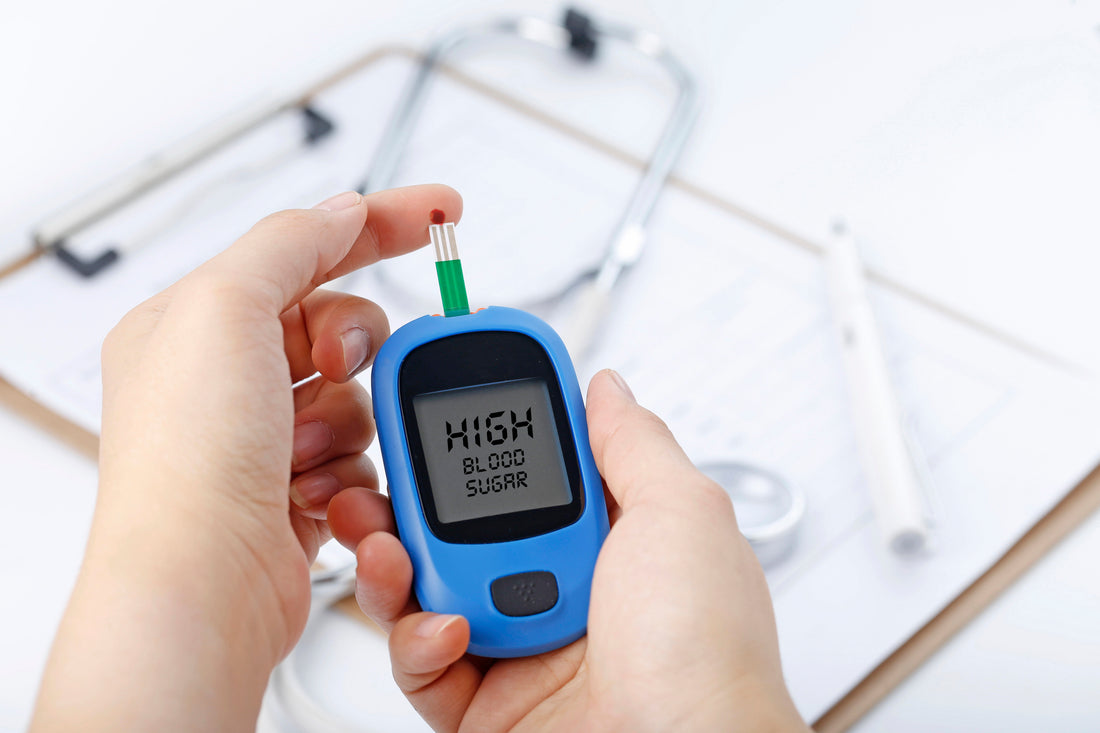Diabetic retinopathy is a diabetes complication that affects the eyes. It's caused by damage to the blood vessels of the light-sensitive tissue at the back of the eye (retina). Initially, diabetic retinopathy may cause no symptoms or only mild vision problems. However, it can eventually lead to blindness. The condition can develop in anyone with type 1 or type 2 diabetes, especially if their diabetes is poorly controlled over time.
Stages of Diabetic Retinopathy
Diabetic retinopathy progresses through four stages:
- Mild Nonproliferative Retinopathy: Small areas of balloon-like swelling in the retina's blood vessels.
- Moderate Nonproliferative Retinopathy: Blood vessels that nourish the retina are blocked.
- Severe Nonproliferative Retinopathy: More blood vessels are blocked, depriving several areas of the retina of their blood supply and signalling the body to grow new blood vessels.
- Proliferative Diabetic Retinopathy (PDR): The retina's signals cause new, abnormal blood vessels to grow, which are not as robust and can leak or bleed easily.
Symptoms
Early stages of diabetic retinopathy usually have no noticeable symptoms. As the condition progresses, symptoms might include:
- Spots or dark strings floating in your vision (floaters)
- Blurred vision
- Fluctuating vision
- Dark or empty areas in your vision
- Vision loss
Our Diagnostic and Management Approach
Early detection and management are crucial in preventing vision loss due to diabetic retinopathy. At City Optics, our approach includes:
- Comprehensive Dilated Eye Exams: The best way to detect changes in the blood vessels of the retina before they start to affect your vision.
- Optical Coherence Tomography (OCT): For a more detailed view of the retina and to assess the severity of the disease.
Management of Diabetic Retinopathy
Effective management of diabetic retinopathy involves:
- Controlling Blood Sugar Levels: Keeping your blood sugar levels in a healthy range can slow the progression of retinopathy.
- Monitoring Vision Changes: Regular eye exams are essential for detecting any vision changes.
- Referral for Ophthalmological Intervention: For advanced cases, particularly proliferative diabetic retinopathy, we refer patients to ophthalmologists for potential treatments, including laser therapy or injections to reduce swelling and prevent further blood vessel growth.
Schedule Your Screening
If you have diabetes, regular eye screenings are essential for early detection and management of diabetic retinopathy. Schedule your comprehensive eye exam with us at City Optics to ensure your eyes are healthy and your vision is protected.
